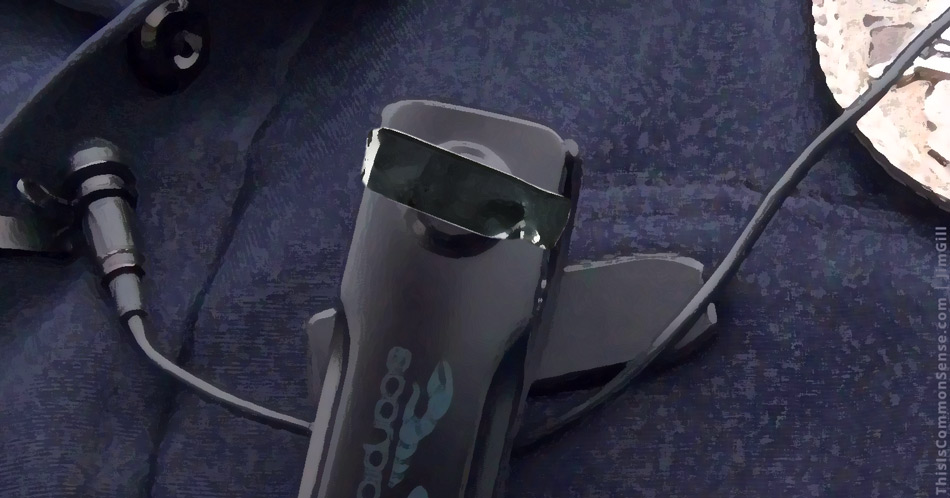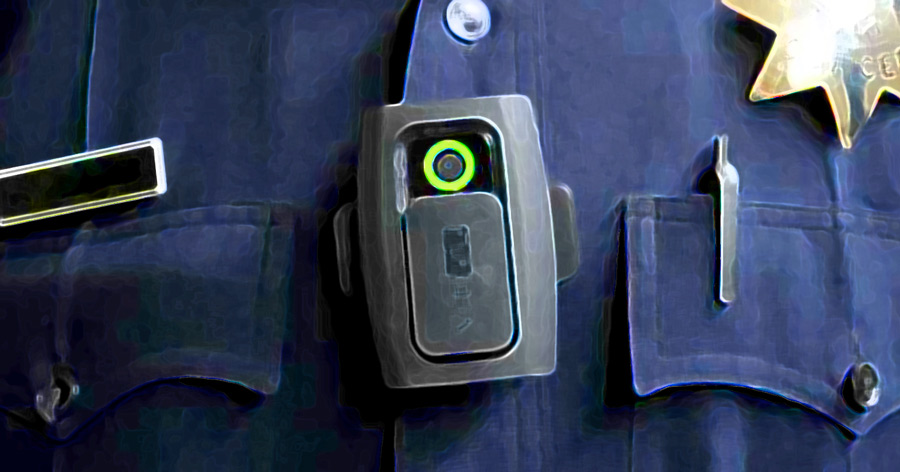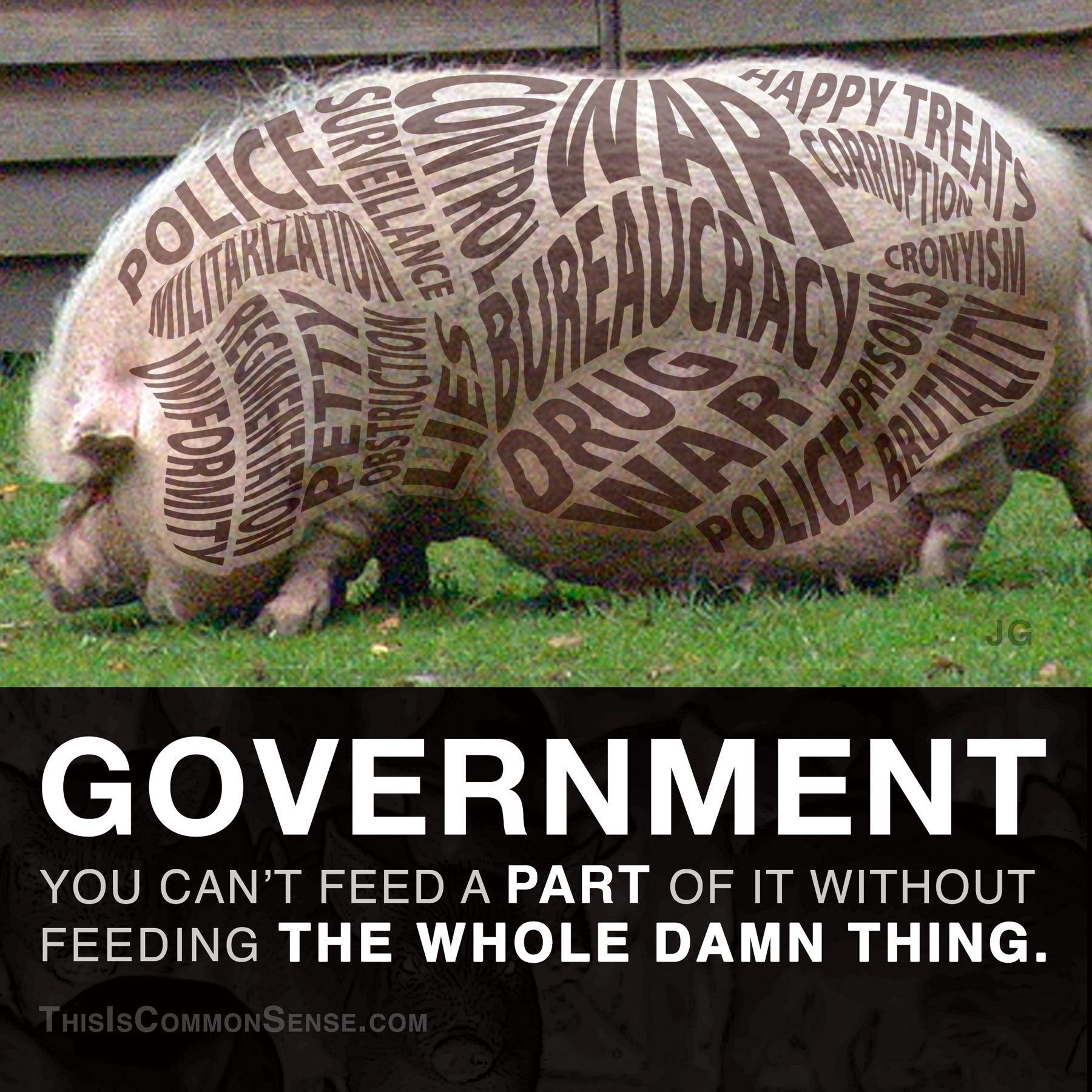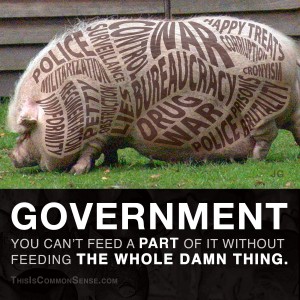The cost of the War on Drugs is not to be reckoned just in dollars. Or in that more serious accounting index: lost lives. The hit to our civil liberties has been enormous, too, and instrumental in setting up the modern Surveillance State.
But beyond these, there is a stranger result: the War on Drugs is also, de facto, a War on Dogs.
“Detroit police officers shot 54 dogs last year, according to public records obtained by Reason,” writes C.J. Ciaramella. “That’s a marked increase over the number reported by the department in 2016 and 2015, and more than twice as many as Chicago, a city with roughly 2 million more people.”
Reason magazine has been covering the War on Dogs by police forces across the country — identified in Ciaramella’s article as “puppycide” — for years, and I’ve mentioned it here on Common Sense, too. The problem is not dogs shot because they are wild, or have rabies, or the like. One expects that sort of thing.
What is problematic is that a third of the Detroit shootings took place in the course of no-knock raids and other common police actions entailed by contraband interdiction. The Detroit number turns out to be “more animal shootings than the entire Los Angeles Police Department performed — 14 total — in 2016,” Ciaramella relates.
Excessive shooting of dogs is costly to cities, of course — to taxpayers, to be precise — in terms of civil lawsuits filed and settled. And to families, some of them quite innocent of any crime, who lose their pets.
It is a sign of a police culture corrupted by . . . the War on Drugs.
This is Common Sense. I’m Paul Jacob.











